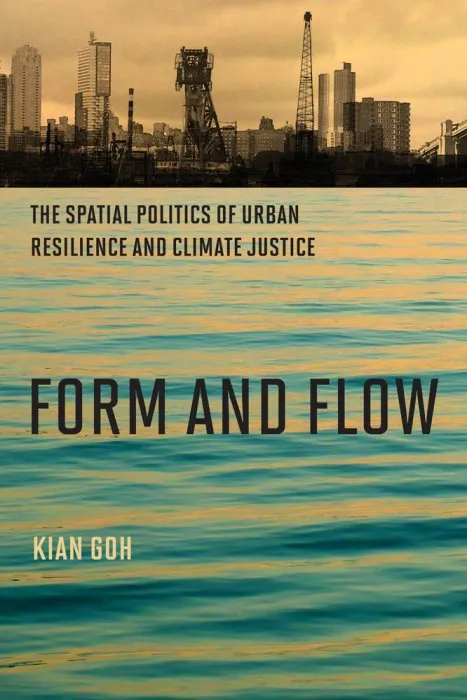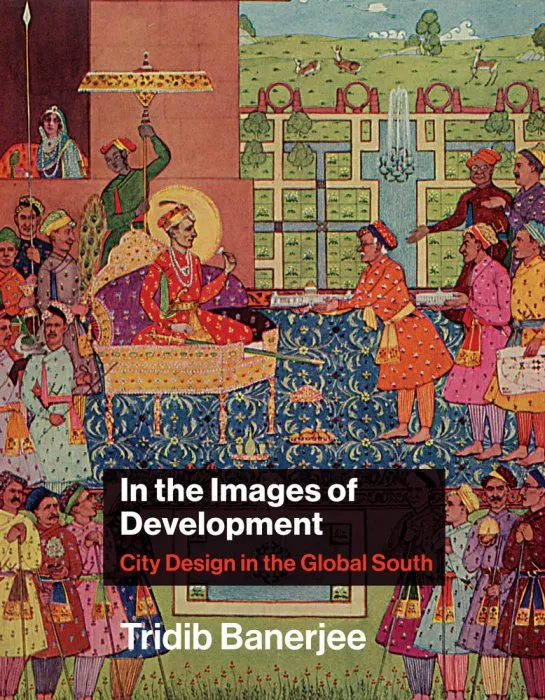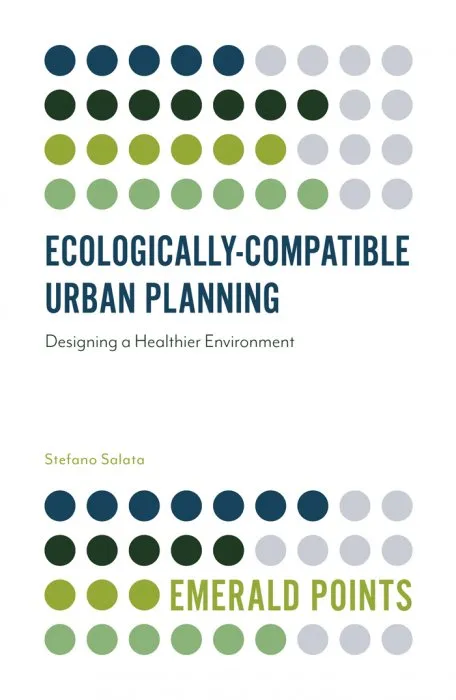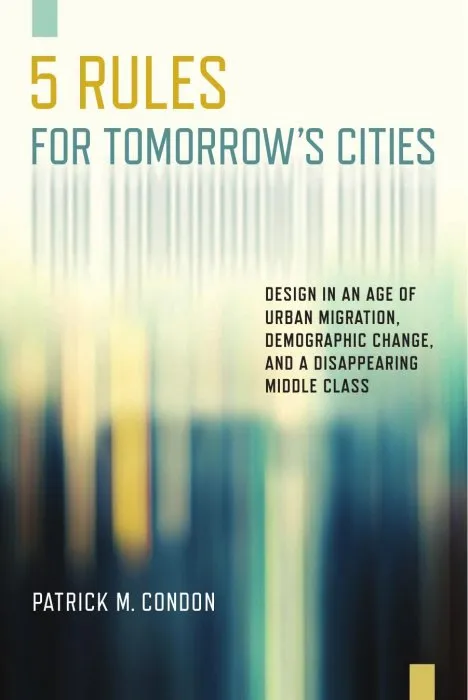Form and Flow: The Spatial Politics of Urban Resilience and Climate Justice (Urban and Industrial Environments)

Date: August 17th, 2021
ISBN: 0262543052
Language: English
Number of pages: 298 pages
Format: EPUB
Add favorites
An examination of urban climate change response strategies and the resistance to them by local activists and social movements.
Cities around the world are formulating plans for responding to climate change and adapting to its impact. Often, marginalized urban residents resist these strategies, offering “counterplans” to protest unjust and exclusionary actions. In this book, Kian Goh examines climate change response strategies in three cities—New York, Jakarta, and Rotterdam—and the mobilization of community groups to fight the perceived injustices and oversights of these plans. Looking through the lenses of urban design and socioecological spatial politics, Goh reveals how contested visions of the future city are produced and gain power.
Goh describes, on the one hand, a growing global network of urban environmental planning organizations intertwined with capitalist urban development, and, on the other, social movements that themselves often harness the power of networks. She explores such initiative as New York’s Rebuild By Design, the Giant Sea Wall plan in Jakarta, and Rotterdam Climate Proof, and discovers competing narratives, including community resiliency in Brooklyn and grassroots activism in the informal “kampungs” of Jakarta. Drawing on participatory fieldwork and her own background in urban research and design, Goh offers both theoretical explanations and practical planning and design strategies. She reframes the critical concerns of urban climate change responses, presenting a sociospatial typology of urban adaptation and considering the notion of a “just” resilience. Finally, she proposes a theoretical framework for designing equitable and just urban climate futures.
Cities around the world are formulating plans for responding to climate change and adapting to its impact. Often, marginalized urban residents resist these strategies, offering “counterplans” to protest unjust and exclusionary actions. In this book, Kian Goh examines climate change response strategies in three cities—New York, Jakarta, and Rotterdam—and the mobilization of community groups to fight the perceived injustices and oversights of these plans. Looking through the lenses of urban design and socioecological spatial politics, Goh reveals how contested visions of the future city are produced and gain power.
Goh describes, on the one hand, a growing global network of urban environmental planning organizations intertwined with capitalist urban development, and, on the other, social movements that themselves often harness the power of networks. She explores such initiative as New York’s Rebuild By Design, the Giant Sea Wall plan in Jakarta, and Rotterdam Climate Proof, and discovers competing narratives, including community resiliency in Brooklyn and grassroots activism in the informal “kampungs” of Jakarta. Drawing on participatory fieldwork and her own background in urban research and design, Goh offers both theoretical explanations and practical planning and design strategies. She reframes the critical concerns of urban climate change responses, presenting a sociospatial typology of urban adaptation and considering the notion of a “just” resilience. Finally, she proposes a theoretical framework for designing equitable and just urban climate futures.
Download Form and Flow: The Spatial Politics of Urban Resilience and Climate Justice (Urban and Industrial Environments)
Similar books
Information
Users of Guests are not allowed to comment this publication.
Users of Guests are not allowed to comment this publication.




